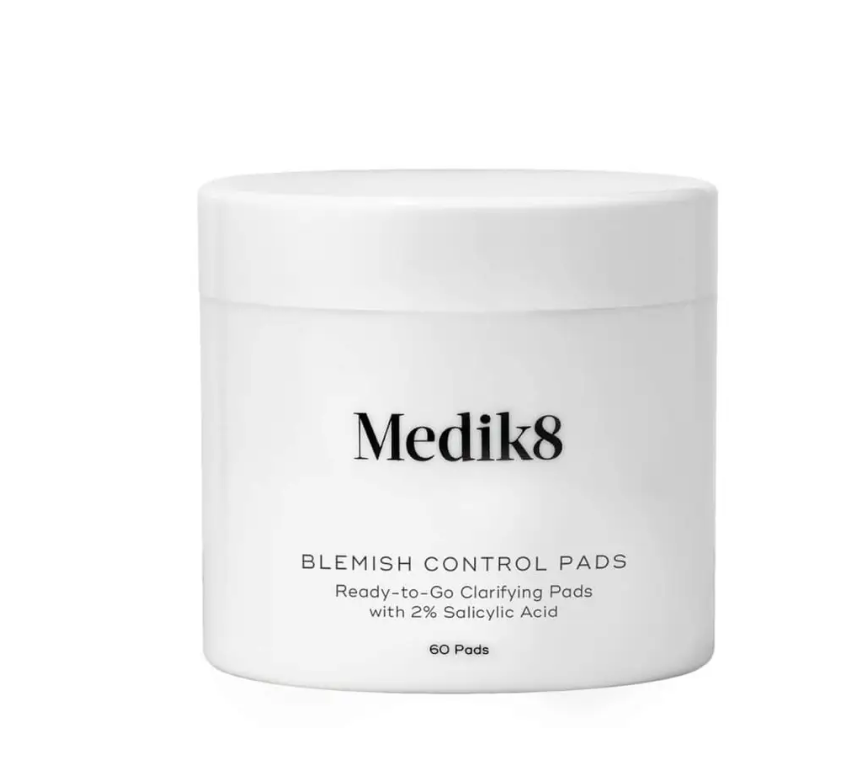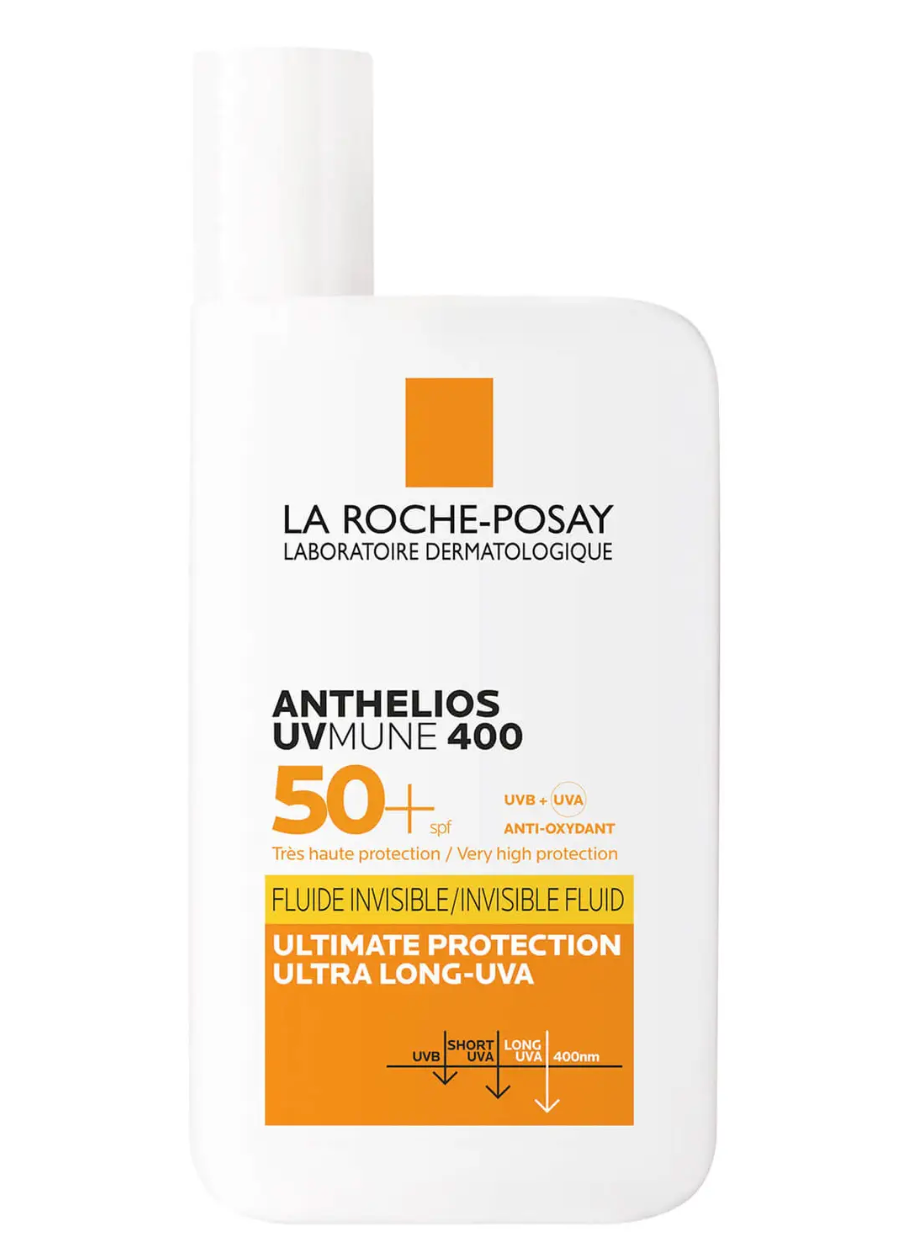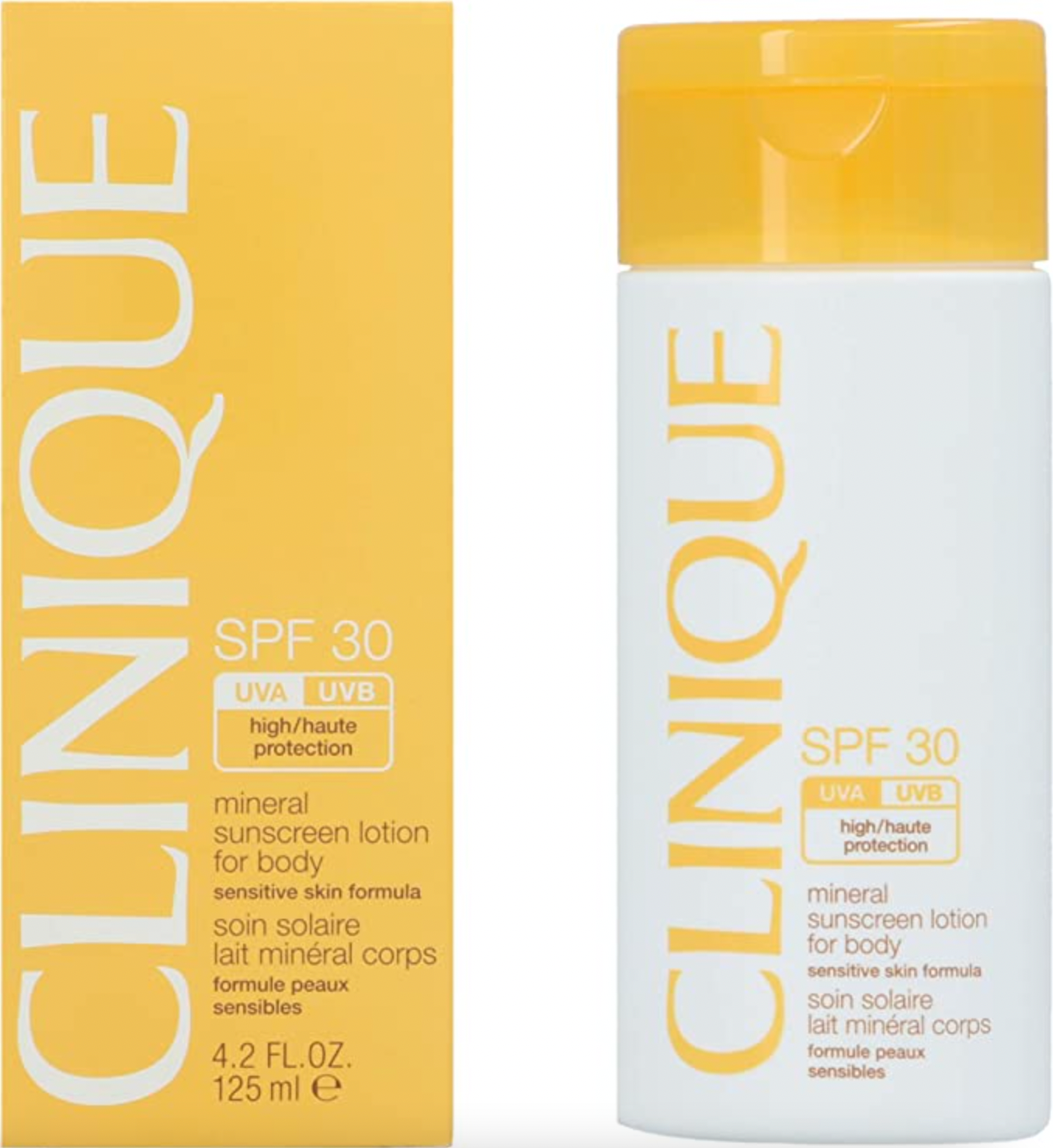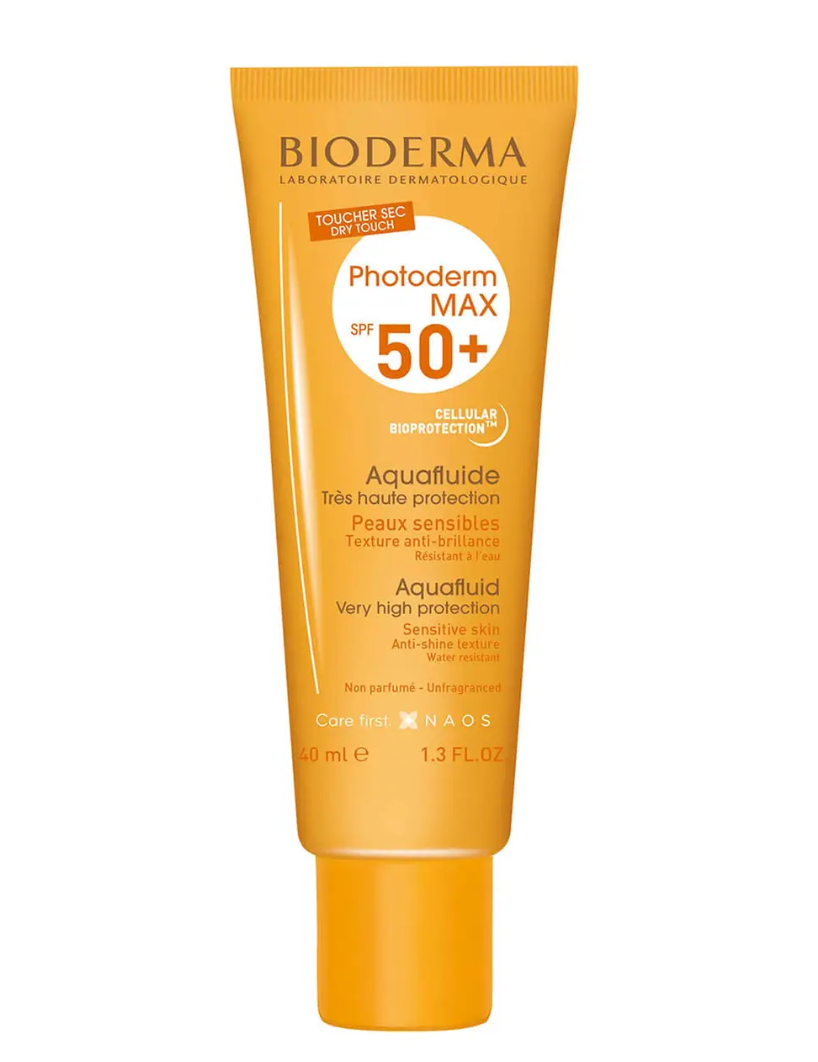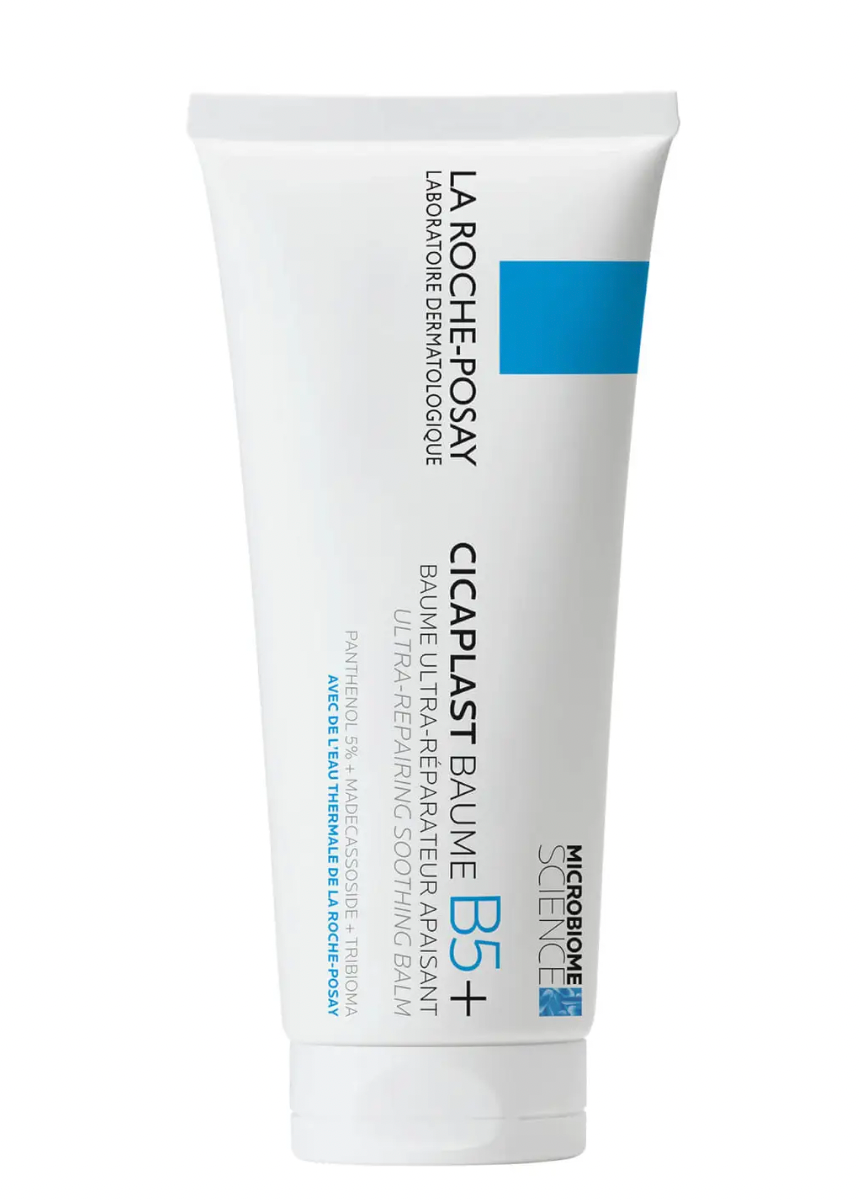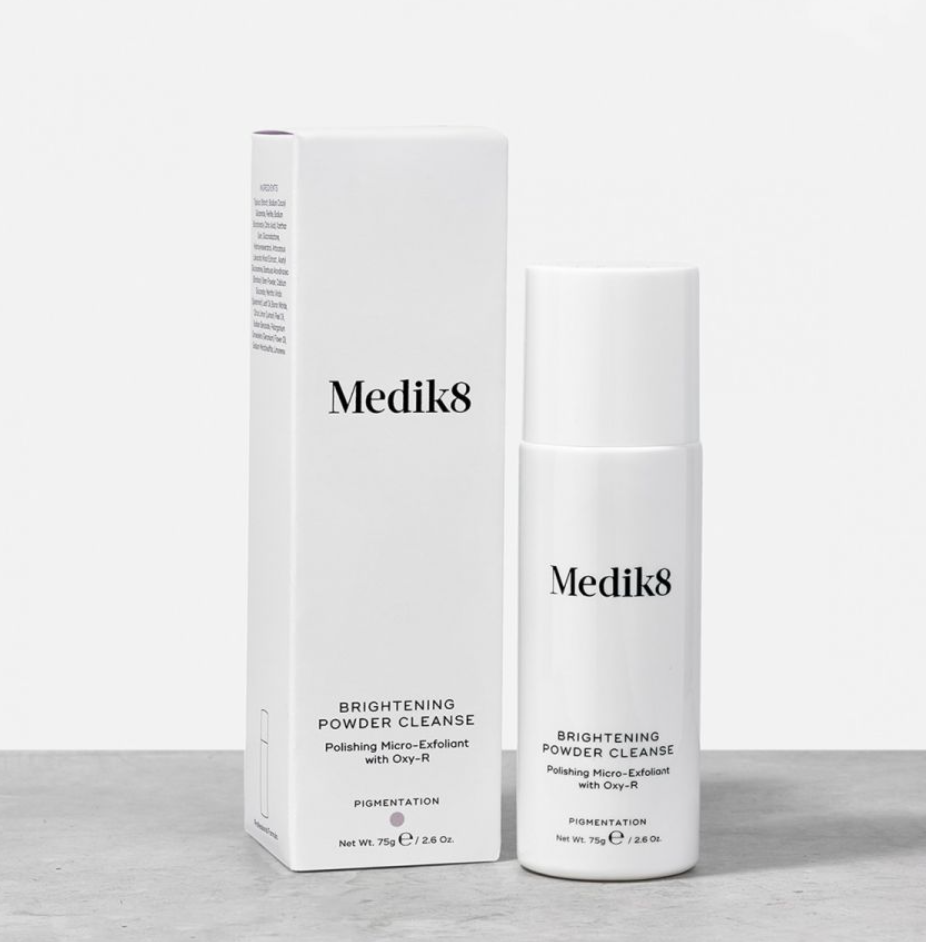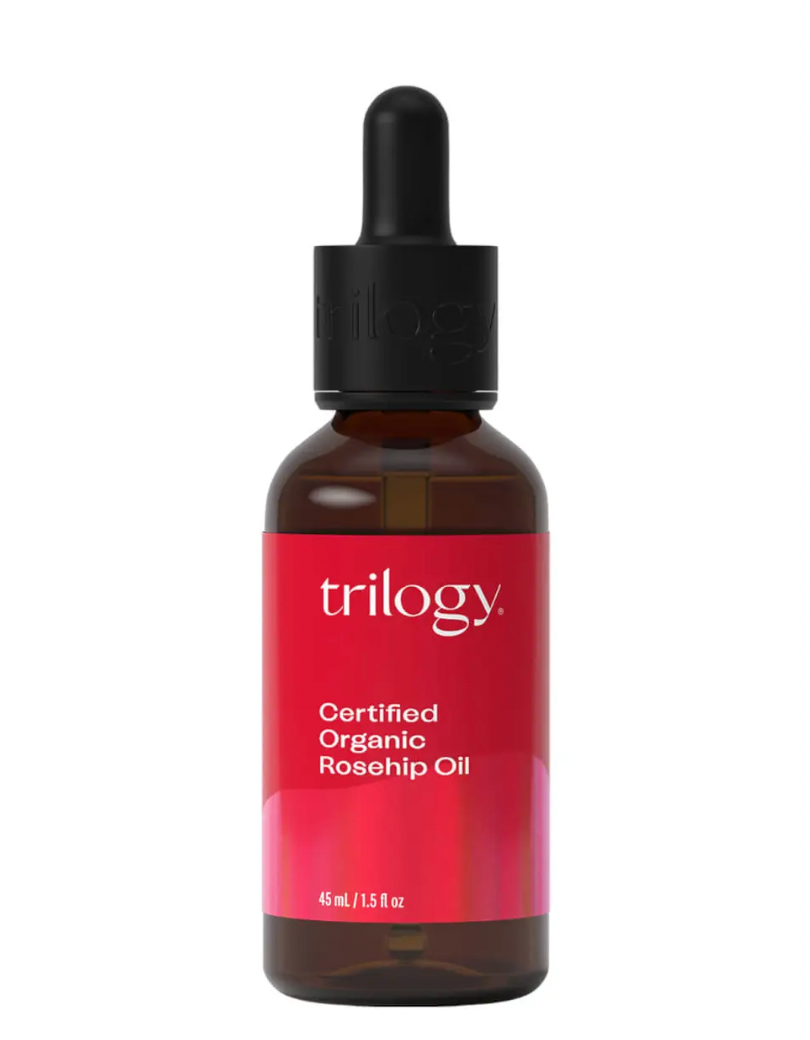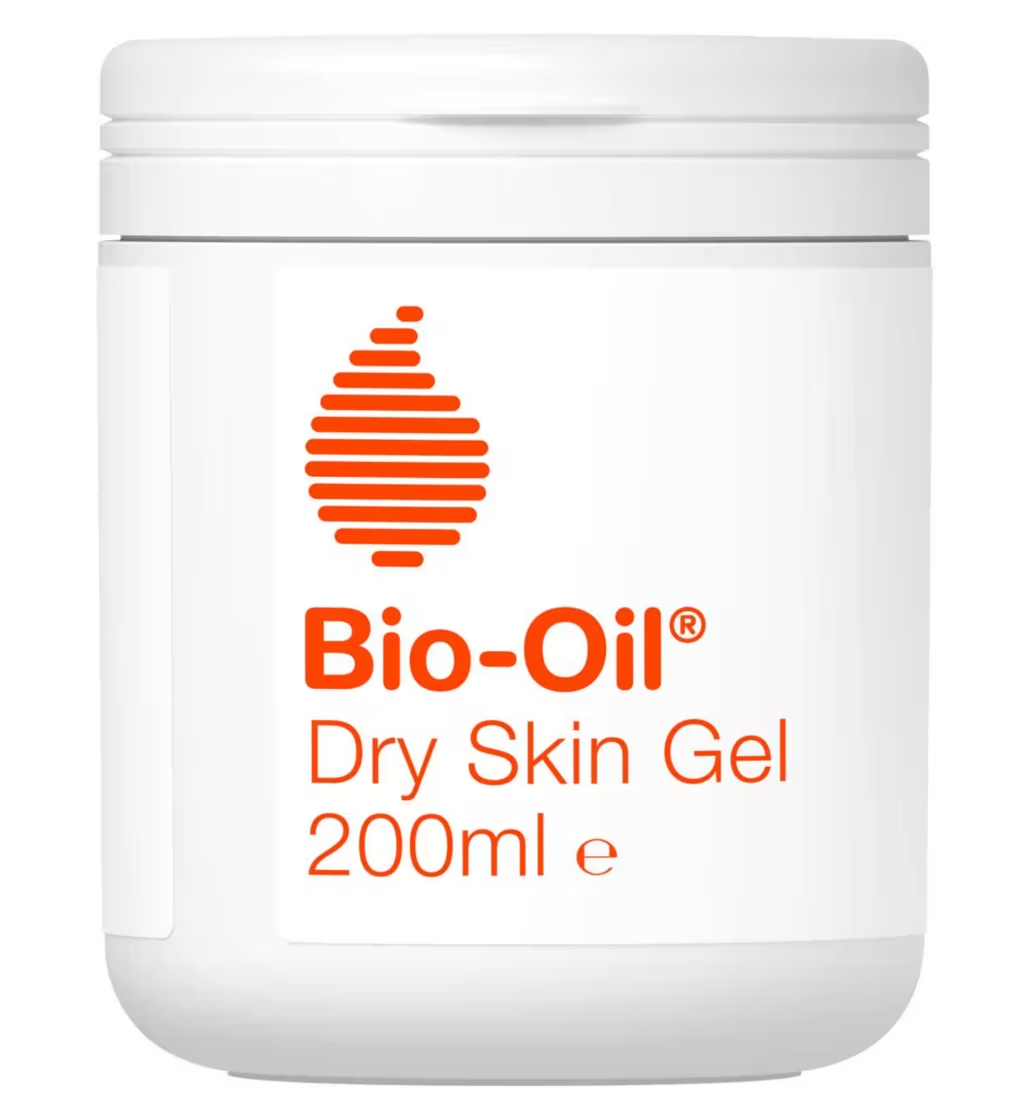I Tried Everything To Get Rid Of Bacne Scars. Here’s What Works
Photographed by Rochelle Brock
In the summer months, there is one thing other than the warm weather which breaks me out in a sweat: exposing my back.
I know, I know. In the grand scheme of things, it’s not exactly a big deal, but it is to me. When I was a teenager I suffered from quite severe back acne – or bacne. Given time and medication, I was able to get rid of it, but the resulting scarring makes me feel extremely self-conscious of my back. I’ve sweltered through many hot days because I’d rather keep my long hair down to cover the scarring and I've looked on enviously at the bronzed, clear skin of others in slinky backless dresses.
AdvertisementADVERTISEMENT
Earlier this year, I decided to see what I could do about it. Visit any good skin expert and they'll reel off a long list of potential treatments, from laser to peels, but navigating hyperpigmentation (especially on your back) is no mean feat.
Firstly, it pays to get a diagnosis, because acne scarring can take different forms. Aesthetician Dr Sarah Shah at the Artistry Clinic in London identified the marks on my back as post-inflammatory hyperpigmentation (PIH) – a common post-acne issue which is more prevalent in darker skin types and can fall under the classification of scarring. When the skin is healing, both collagen and pigment cells become active. The excess pigment, otherwise known as melanin, is stimulated by the inflammation and results in discoloured patches where the acne once was.
To my dismay, I learned that there is no quick fix. "Whatever you do with your skin, it tends to take around six weeks to see the results because that is the length of your skin cycle," advised Dr Shah. "If anyone tells you otherwise, it may be something superficial that you’re seeing but it's likely that they are not long term [results]."
There are a number of effective treatments and products that can be used to treat superficial bacne scars or skin staining, according to Dr Shah, such as a dedicated at-home routine of prescription products and salon laser treatments (one of the pricier options at £500 per session). Dr Shah advised caution, however, as some treatments can potentially make bacne scars worse, such as microneedling which can stimulate pigment production further, increasing discolouration. And while over-the-counter products that claim to help with scarring can leave skin feeling more hydrated and supple, there are limits to what they can do when it comes to hyperpigmentation, especially older marks, explained Dr Shah.
AdvertisementADVERTISEMENT
Lastly, consultant dermatologist Dr Anjali Mahto stresses the importance of dealing with any active acne first. "The important thing is to get the acne switched off to prevent the process from continuing," she mentioned in a dedicated post on Instagram. "Prevention is much better than cure and early treatment of acne is vital to prevent PIH developing in the first place."
Chemical Exfoliators & SPF For Acne Scars
Dermatologists advise that superficial acne scarring can be diminished with consistent use of chemical exfoliators, e.g. acids, such as glycolic, lactic and azelaic acid. With this in mind, I started using the dermatologist-approved Medik8 Blemish Control Pads, £30, which Dr Mahto also recommends, to keep my back free of any blemishes. Each pad is infused with 2% salicylic acid, glycerin and vitamin E in an alcohol-free serum and is designed to gently exfoliate and decongest skin with a simple swipe.
The pads were really simple to use and in my opinion made cleansing my back easier as I could reach slightly further with them. As they're pre-soaked, they are quite gentle and smooth on the skin and leave a hydrated finish that doesn't make skin feel tight. I didn't experience any stinging and my skin definitely looked clearer and felt less oily, but I was also using some medicated creams (more on those later), so that might be as a result of the overall combination.
AdvertisementADVERTISEMENT
Although we tend to think about baring our backs in the summer, it’s actually not a great time to tackle bacne scarring, especially with acids, as chemical exfoliation makes skin sensitive to the sun. I used to think the sun would help reduce the scarring, but I learned that this is not the case! With treatments for bacne scars, Dr Shah recommends keeping the area out of sunlight and if you are exposed to the sun, either cover up or apply a medical grade factor 50 sunscreen, with broad spectrum protection. I rate La Roche-Posay's Anthelios Pocket SPF50, £19.90, Clinique SPF30 Mineral Sunscreen Lotion For Body, £23.69, and Bioderma Photoderm Dry Touch SPF 50+, £16.
Hydroquinone For Acne Scars
Ramping things up, I booked in for 'cool' laser treatment (so called because the low-intensity levels of light don't heat up the body's tissue). Dr Shah gave me a duo of prescription creams to apply for two weeks in order to prep my back before the first treatment: a 4% hydroquinone to apply in the morning and a 1% retinol cream to use three times a week. I have to admit that my boyfriend came in very handy with the application.
AdvertisementADVERTISEMENT
Luckily I didn't encounter any side effects like redness or sensitivity, as these ingredients can cause irritation and peeling skin. I was told it is important to stop using the retinol cream about three days before the first laser, as otherwise the combination could cause chemical burns.
Chemical Peels For Acne Scars
I dropped into hip beauty salon Young LDN in Notting Hill to chat to their skincare team about short-term treatments. Bianka Michalekova, who carried out my consultation, decided a Signature Peel would be best. As she plastered all manner of cooling and soothing cleansers on my back prior to the peel, she explained how tricky it can be to fully get rid of hyperpigmentation like this.
"People think one cream will fix it but it’s not that simple," she told me. Lying on the treatment table, I didn’t admit that secretly I'd also been hoping to find this magic cream. Soothing and painless (I nodded off), the peel didn’t cause any redness or physical peeling and left my back looking brighter and smoother. But Bianka was right. It’s a temporary boost and simply brightens the appearance rather than removing any of the darker patches.
Laser Treatment For Acne Scars
A few weeks later and on one of the hottest days of the year, I was back at the clinic for my laser treatment. First, a cool numbing gel was applied all over my back, which after about 20 minutes began to feel warm and tingly. The laser, which is targeted at areas of scarring, started off feeling like the sensation of brushing against a stinging nettle but built in intensity, ending with my back feeling like it was sore from sunburn. It wasn’t painful as such, just a little uncomfortable and tender.
AdvertisementADVERTISEMENT
Dr Shah explained that the treatment works by increasing collagen production and getting rid of the top layer of older skin where the pigmentation is. In my case, two to three treatments with four to six weeks in between would be advised. After having damp swabs applied to cool the skin, I was sent off with a tube of La Roche-Posay’s Cicaplast Baume B5, £18, to soothe the skin and told to avoid the gym for a couple of days. I soon realised why. The next day was extremely hot and sweating into the laser treated areas stung.
After a day or two though, the soreness subsided and there was minimal peeling, although I was left with some odd-looking patches where the targeted skin was busy doing its thing. It's certainly the pricier option and although laser can be a relatively faster treatment (several weeks rather than several months), it does still require dedication and discipline, with prep and aftercare vital for the best results. After one treatment I noticed that the scarring was less intense and the condition of the skin had improved.
At-Home Treatments For Acne Scars
According to Dr Mahto, there are a number of skincare ingredients to keep an eye out for if you’re hoping to improve superficial bacne scarring at home. These include retinoids (they speed up cell turnover and exfoliate skin), hydroquinone (which lightens patches of pigmentation), vitamin C (brightens skin and protects against environmental aggressors, such as pollution) and kojic acid, azelaic acid, niacinamide, glycolic acid and lactic acid – all of which exfoliate skin. Here are some recommendations I picked up along the way from the experts I spoke to.
AdvertisementADVERTISEMENT
First up, the Medik8 Brightening Powder Cleanse, £35. Part of Medik8’s range to specifically tackle pigmentation, this leaves skin feeling smoother and brighter. Mix a teaspoon of the powder with a couple of drops of water to make a powerful and slightly grainy exfoliator, but be gentle when rubbing it in.
Secondly, the Trilogy Certified Organic Rosehip Oil, £34.50. Beloved by a host of celebrities and makeup artists, rosehip oil is known for its nourishing and brightening properties. It also claims to have a noticeable effect on scars and stretch marks. Although this won’t rid you of post-inflammatory pigmentation as such, it makes skin feel supple and left my back glowing!
Finally, Bio-oil Dry Skin Gel, £11.24. Bio-Oil’s Dry Skin Gel is garnering a big fanbase. The cool gel-like texture applies easily and hydrates instantly. It also contains niacinamide – one of Dr Mahto’s key ingredients to look out for. Although it didn’t noticeably reduce the darkness of marks, my skin drank it up.
It seems the best results were from the laser treatment, but I understand that not everyone has the budget for multiple sessions. If you're trying any of these solutions, dermatologists advise not to try them all at once (I looked into these over the course of four months) as you could risk making the scarring worse and damaging your skin. Always visit a consultant dermatologist for advice before embarking on any skin treatments and always make sure they are properly qualified, by searching their name on the General Medical Council Register.
At Refinery29, we’re here to help you navigate this overwhelming world of stuff. All of our market picks are independently selected and curated by us. All product details reflect the price and availability at the time of publication. If you buy or click on something we link to on our site, we may earn a commission.
AdvertisementADVERTISEMENT







